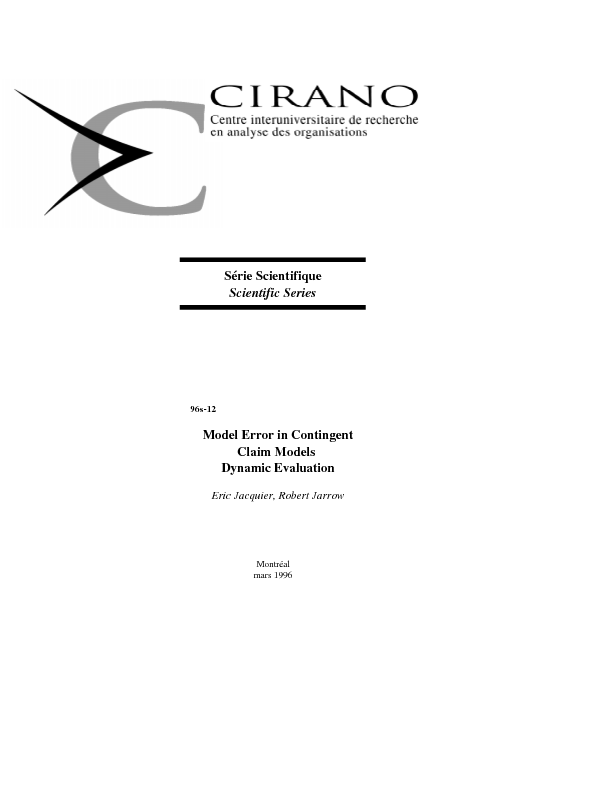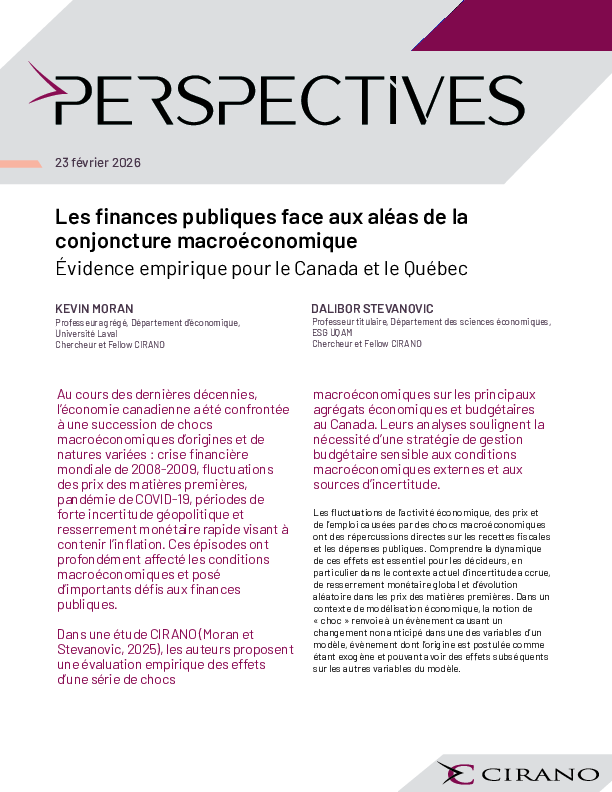Model Error in Contingent Claim Models Dynamic Evaluation
We formally incorporate parameter uncertainty and model error in the estimation of contingent claim models and the formulation of forecasts. This allows an inference on any function of interest (option values, bias functions, hedge ratios) consistent with the uncertainty in both parameters and models. We show how to recover the exact posterior distributions of the parameters or any function of interest. It is crucial to obtain exact posterior or predictive densities because the most likely implementation, a frequent updating setup, results in small samples and requires the incorporation of specific prior information. We develop Markov Chain Monte Carlo estimators to solve the estimation problem posed. We provide both within sample and predictive model specification tests which can be used in dynamic testing or trading systems, making use of both the cross-sectional and time series information in the options data. Finally, we generalize the error distribution by allowing for the (small) probability that an observation has a larger error. For each observation, this produces the probability of its being an outlier, and may help distinguish market from model error. We apply these new techniques to equity options. When model error is taken into account, the black-Scholes appears very robust, in contrast with previous studies which at best only incorporated parameter uncertainty. We then extend the base model, e.g., Black-Scholes, by polynomial functions of parameters. This allows for intuitive specification tests. The Black-Scholes in-sample error properties can be improved by the use of these simple extended models but this does not result in major improvements in out of sample predictions. The differences between these models may be important however because, as we document it, they produce different functions of economic interest such as hedge ratios, probability of mispricing.
[ - ]




